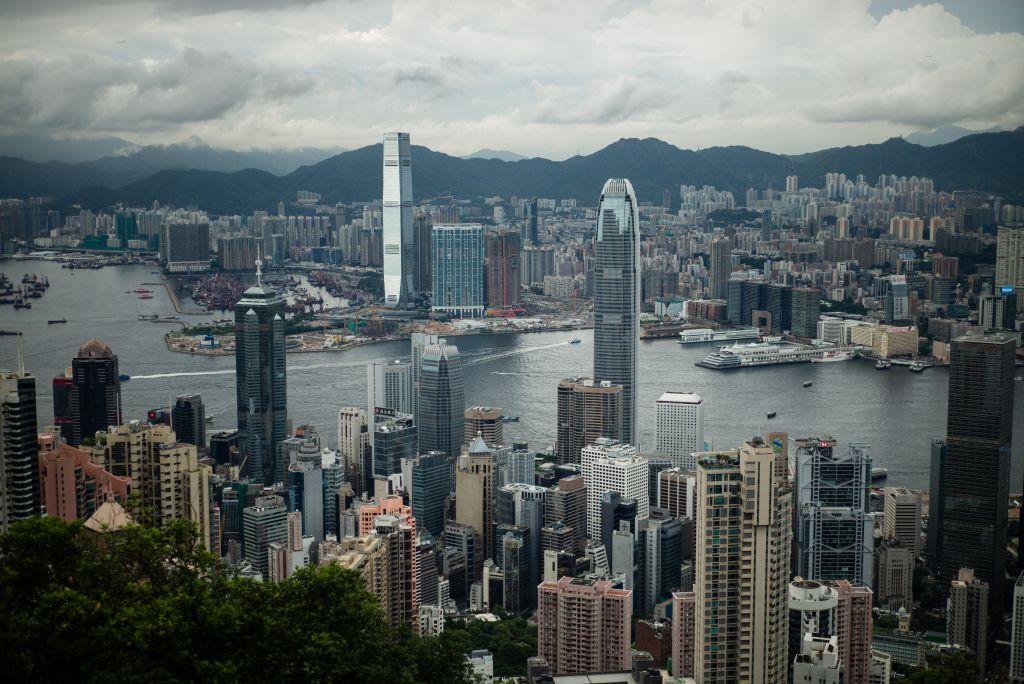Commentary
The Sino-U.S. trade war morphing into a technology war is giving Hong Kong the opportunity to regain some lost leverage over the Chinese Communist Party.

The Sino-U.S. trade war morphing into a technology war is giving Hong Kong the opportunity to regain some lost leverage over the Chinese Communist Party.